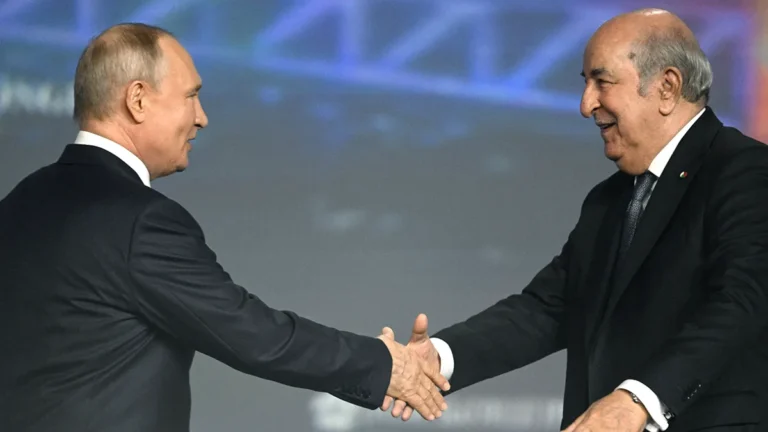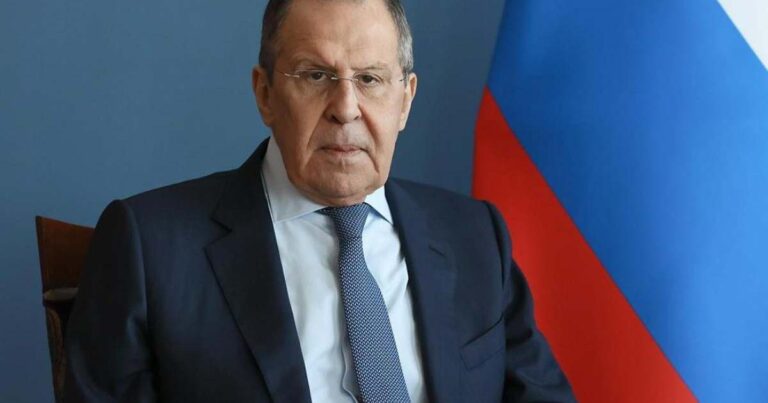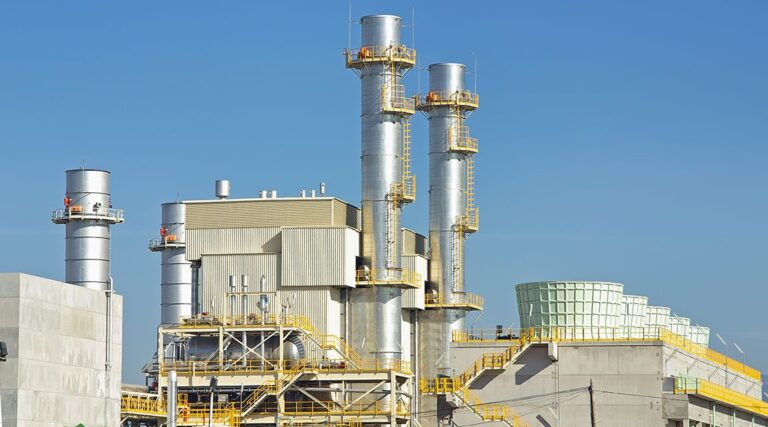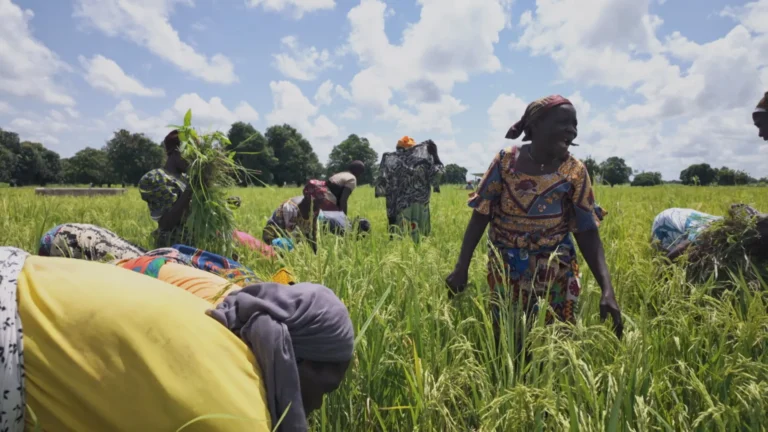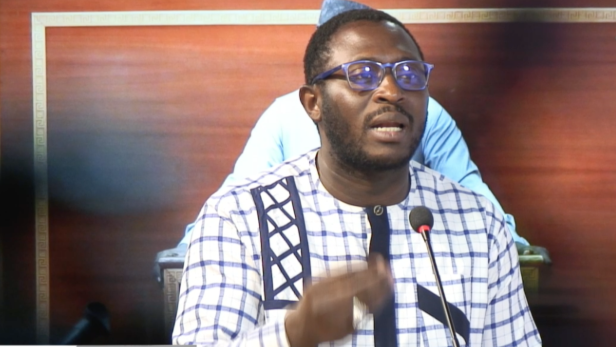
Outspoken Senegalese journalist and columnist Bachir Fofana has been placed in police custody following remarks he made alleging corruption in a public vehicle procurement contract involving the National Assembly.
The detention, initiated by the public prosecutor’s office, has triggered fierce criticism from opposition figures and press freedom advocates.
The controversy centres on Fofana’s public claim that a contract awarded by the National Assembly was tied to businessman Cheikh Guèye, who is already embroiled in a separate corruption case at the Guédiawaye courthouse.
Guèye, head of the TCS company, previously admitted to giving 50 million FCFA in cash to former Justice Minister Ismaïla Madior Fall, who allegedly declined the bribe without taking legal action.
Speaker of the National Assembly Malick Ndiaye initially filed a complaint accusing Fofana of spreading false information. However, after the case drew significant public attention, Ndiaye reportedly withdrew his complaint.
Despite this, the public prosecutor has proceeded independently, tasking the judicial police with further investigation into Fofana’s allegations.
Fofana’s detention has sparked concern among political figures, particularly opposition MP Thierno Alassane Sall, leader of the Republic of Values party.
“Now it’s Bachir’s turn,” Sall said, referencing previous detentions of dissenting voices. “Everyone will end up going there,” he warned, in criticism of what he described as the state’s escalating repression.
Sall condemned the arrest, arguing that government authorities should refute false claims through public clarification rather than resort to legal crackdowns.
“We are witnessing an authoritarian drift,” he said, accusing current leaders—many of whom were once part of the opposition—of wielding greater repression than their predecessors.
He also referenced legal actions targeting other figures such as Moustapha Diakhaté and Abdou Nguer, sarcastically suggesting that “a special cell could be formed in jail” to accommodate critics.
The case has sparked wider debate about freedom of speech and the role of the press in Senegal’s democracy.
Civil society groups and opposition leaders continue to demand transparency, judicial independence, and an end to what they see as a growing pattern of criminalising dissent.
As the investigation into Bachir Fofana continues, many await the next legal developments with growing unease about the state of press freedom in the country.
